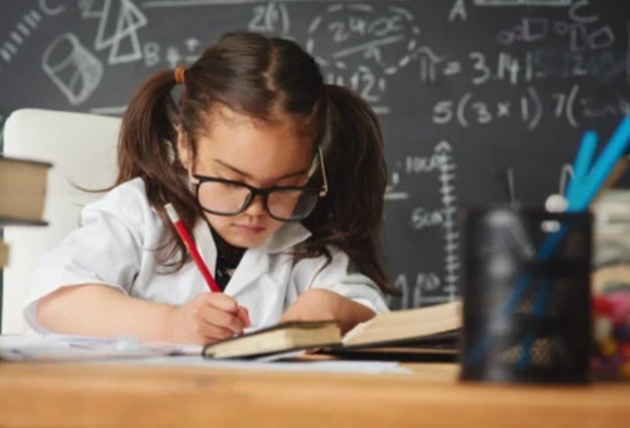AI in the Modern World: Applications and Concerns

Artificial intelligence (AI) has become increasingly popular in recent years, with the release of Chat GPT and Google’s Bard being just two examples of the latest AI-powered technologies. As big technology companies compete to stay ahead of the curve, it is important to ask ourselves: what exactly is AI, and what impact does it have on our world today?
The term “artificial intelligence” was coined by John McCarthy in the 1950s, and he is often considered the father of AI. He defined AI as “the science and engineering of making intelligent machines.” The field of AI experienced a new boom in the 2010s due to the incredible improvements in computer processing power and the availability of massive amounts of data. AI has come a long way since it was first introduced, and it is undoubtedly here to stay.
There is a wide range of opinions on artificial intelligence (AI). Some people believe that AI is the next great technological advancement, while others are more skeptical and concerned about the potential dangers it poses. In this article, we will discuss some of the potential impacts of AI on our society and our world as a whole. We will also explore some of the applications of AI that are already being used in our modern world.
AI-powered automated retail stores (AIPARS) are considered the next revolution in physical retail. These stores use cutting-edge technology to streamline the shopping experience, eliminating the need for checkout lines. Amazon Go is one example of an AIPARS chain of stores where customers can simply pick up items and walk out with their purchases automatically deducted from their accounts. While one may argue that this is beneficial to the customers as their shopping experience is significantly improved, we cannot also ignore the fact that this eliminates the need for retail workers. This could lead to job losses in the retail sector which already has a high unemployment rate.
AI-driven innovation has also made its way into the automobile industry, with self-driving cars at the forefront. These cars use a variety of sensors and algorithms to determine their environment without the need for any human input. Self-driving cars have several potential benefits for example, they can help to reduce accidents by eliminating human error, which is responsible for the majority of road traffic deaths. They can also reduce stress for drivers, especially in congested traffic or when trying to find parking.
Still, Self-driving cars are not without their disadvantages. While they offer many potential benefits, they also have some drawbacks that need to be considered. One major concern is that they could be hacked. As the author Paul Ausick has said, “An autonomous vehicle can be hacked just as any other computing device. A competent hacker — of which there is no shortage — could soon figure out a way to take control of a vehicle’s steering or acceleration. The consequences are frightening.” Another concern is that self-driving cars may not always be able to handle all driving situations. For example, they may not be able to deal with unexpected obstacles or road conditions. In 2018, Tesla was forced to recall 363,000 self-driving cars because they were found to not always follow speed limits. These concerns raise the question of whether we are ready to fully entrust our lives to self-driving cars.
The rise of AI has had a significant impact on the education sector. There are now many free AI tools available online that can help students write essays that appear to be professionally written. While this can be beneficial for students, it also presents some challenges. For example, an average student could submit an AI-generated essay to their teacher for grading, which could give the impression that the student has improved when they have not. However, this is not necessarily a bad thing. On the contrary, it could motivate students to focus their energy on more difficult tasks, while leaving the easier ones to AI. Similarly, the older generation once worried that the use of calculators would adversely affect the quality of students, but this did not prove to be the case. Only time will tell how AI will ultimately impact the education sector.
Artificial intelligence (AI) is a powerful tool that has both benefits and drawbacks. Some people argue that the drawbacks of AI outweigh the benefits, but I believe that the opposite is true. With proper planning and oversight, the drawbacks of AI can be effectively managed. Ultimately, it is up to individuals to use AI responsibly. As the saying goes, “With great power comes great responsibility.”
Daniel Akintayo
Olejeme Izuchukwu




Amazing one guyssss!!!!